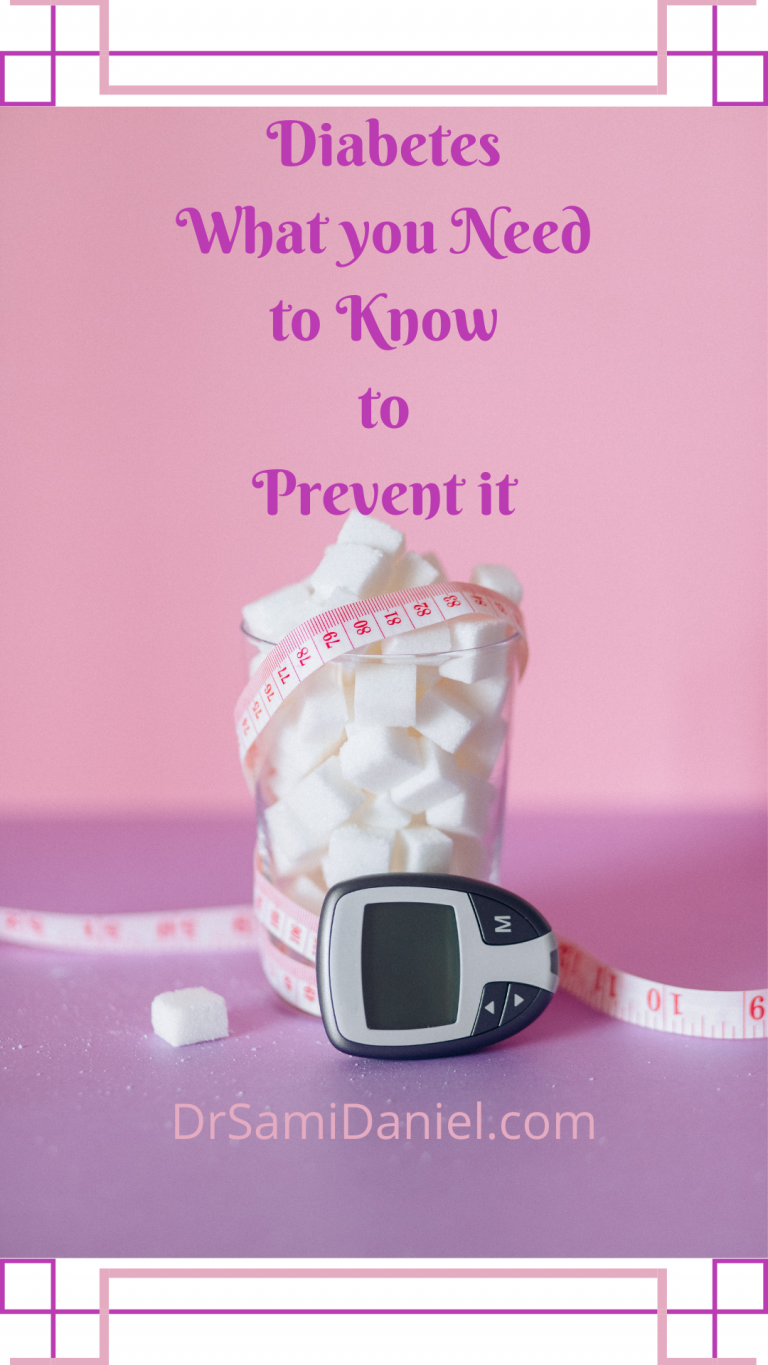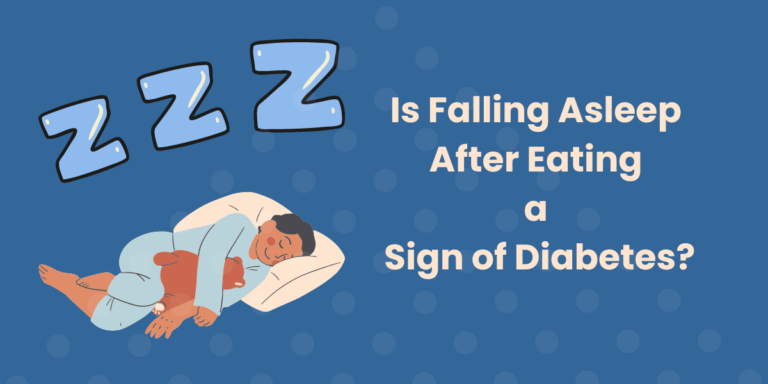How to Prevent Congestive Heart Failure
It’s extremely hard to breathe. You can’t seem to catch your breath. You can feel yourself breathing but it seems like you can’t fill your lungs with enough oxygen. Your heart is pounding in your chest and maybe even hurts. These fill you with a sense of dread and panic, which only serves to exacerbate an already fearful situation. You feel like you’re drowning and there is an impending sense of doom. You might feel that “this is it”.
The ambulance arrives. There’s added commotion that doesn’t seem necessary. But it doesn’t seem like they can get you to the hospital fast enough to save your life. You’re given Oxygen, placed on a stretcher, said your, “I love you’s”, and whisked away to the closest emergency department.
Emotions are raw, loved ones are scared, and everyone is wondering how we got to this point and what will happen next.
What Is Congestive Heart Failure?
“Congestive Heart Failure” is kind of a confusing term. Most people understand that the heart is failing on some level, hence the “heart failure” part. But what about the congestion? Is the heart actually congested? Like a congested nose from allergies or a cold?
In order to understand this disease, you first need to understand that this disease is the result of too much fluid in the body. In other words, the body is in a state of fluid overload.
How do things normally work?
Normally the heart and kidneys work closely to regulate how much fluid is in the body. If there is not enough fluid, the heart will send a message to the kidneys to conserve more water (this makes you pee less throughout the day). If there is too much fluid in the body, the heart will send a different message to the kidneys to tell them to dump more water (this makes you pee more throughout the day).
This is a much more complex process than just described. The kidneys do not necessarily need the heart to know how to do its job. The kidneys are experts at finding the right balance of fluid on their own. But the kidneys certainly appreciate the input of the heart.
The heart and kidneys work in a well balanced system. However as with any system, there can be a loophole which can cause the system to become unbalanced.
What happens when things are unbalanced
As a result, the kidney receives erroneous messages and fools them into thinking that there is not enough water in the body when there is enough or too much. If there is too much, the heart has to pump more fluid with every beat. Your heart can handle the extra load for a time until the kidneys get rid of the excessive water levels. But like with any other muscle in the body, it will get tired.
Imagine being in a boat with a leak. The normal reaction is to grab a bucket and start scooping up water in the boat to throw it over board. You can keep this up for a time and keep the boat afloat. But if the hole is not fixed and water continues to come into your boat, you will get tired eventually. When that happens, water starts to build up in the boat. And over time, the boat will sink.
A similar thing happens with the heart. The kidneys don’t even try to scoop up the water because they don’t realize that there is a rising water level. Ironically, they actually think there is not enough water and will try to scoop water back into the boat! Over time, there will simply be too much fluid for the heart to handle.
At this point, fluid becomes back-logged in the system and “congestion” occurs because the heart is no longer able to keep the blood moving forward in an efficient manner. This is why we start to see fluid build up in the legs known as edema. Fluid also builds up in the lungs which makes breathing more difficult. At this point, we also see flashing lights and hear sirens wailing on the way to the hospital.
So what puts a hole in the boat and causes a leak? And what can you do to repair the hole?
What Causes Congestive Heart Failure?
Congestive heart failure may only seem to occur suddenly. However this disease does not happen all of a sudden. It is a gradual process that happens over months and years until a tipping point is reached and the disease is discovered.
With that said, there are many things that can kick-start the process of heart failure.
These include but are not limited to things like excessive alcohol use, beriberi disease (which results from a deficiency in Vitamin B1), cardiovascular disease (which itself can be caused by uncontrolled diabetes and smoking), cocaine use, chaga’s disease, coxsackie virus infection, chemotherapy with doxorubicin, diptheria infection, hemochromatosis, heart attacks, uncontrolled high blood pressure, and structural abnormalities of the heart including problems with the valves, walls, arteries, and veins.
This list is not comprehensive. However these are a few things that can begin the process of heart failure. If not addressed with your Doctor, complications arise over time.
Who is at Risk for Congestive Heart Failure?
Essentially anybody can be at risk due to anatomical problems, infections, genetic conditions, and/or poor lifestyle choices. Some are not in your control, and others are in your control.
Focus on what is under your control and speak with your Doctor. By focusing on what is under your control and working with your Doctor, you can make a significantly positive impact. And this positive impact can lead to changes in the things that may not be directly in your control.
For example, having a heart attack is not in your control. Nobody wakes up one morning and says to themselves, “You know what, I feel like having a heart attack today.” But eating well to prevent a heart attack is under your control. Taking medications to control diabetes and high blood pressure are also under your control. Speaking with your Doctor and having routine check ups also help discover any underlying problems that may have been festering without your knowledge.
Genetic or anatomic problems might not be in your control either. But monitoring your heart consistently can help you find a problem before it gets worse. Taking appropriate steps with your Doctor’s advice can help to prevent any problems from worsening before it’s too late.
So really, the ultimate risk factor is ignorance of your body’s state of being. A willingness to consistently drop in with your body and do routine check ups is key to minimize risk of many diseases including congestive heart failure.
How Do You Improve Congestive Heart Failure?
People can live with heart failure. However some days are worse than others. When those days come, you won’t have to ask; You will know.
But what makes those bad days come? And how can you maximize the good days?
If you have been diagnosed with congestive heart failure, there are certain things you can do to help improve the quality of your life. Conversely, if you haven’t been doing them, you may experience bad days more often.
Here are some things to consider with your Doctor if you are having a particularly difficult day:
1. Are you taking your medications as directed?
Your Doctor will have likely prescribed several medications to help you. The goal of these medications is to lighten the work your heart has to do in order to pump blood throughout your body.
Take stock of the medications you have been prescribed. Are you missing any? Have you missed a dose? Did you run out of medication? Are they too expensive?
After taking stock of your medications, speak with your Doctor to help you manage your medications.
2. Did you splurge on salt recently?
Salt is found in foods you might never dream of looking! So check those nutrition labels! For a Guide to Nutrition Facts, click here.
You’ve likely heard your doctor tell you to avoid salt like the plague! Why is that? Because kidneys use salt to retain water.
Ironically, the kidneys think there is not enough water in the body during congestive heart failure. Why? Because the heart is not able to pump enough blood to the kidneys. So the kidneys take this as a sign that you are dehydrated. Therefore they begin working to retain water by using the help of salt in an effort to keep you hydrated.
Your kidneys don’t realize that they’re collecting too much water, so they end up pooling in your legs, lungs, and other organs. Cutting salt helps prevent your kidneys from collecting too much water and keep fluids in the right balance.
3. Increase intake of vegetables and whole foods.
It’s a mind-boggling thought, but diet plays a key role in helping improve congestive heart failure. Most people would understand using diet to improve diabetes or high cholesterol, but congestive heart failure?
As we just discussed, salt is a key factor that can exacerbate the problem of congestive heart failure. But actually increasing vegetables and whole foods can help lower your blood pressure, lower your cholesterol levels, and therefore decrease cardiovascular disease which is a main contributor to congestive heart failure.
So substitute processed foods, which are often laden with salt and sugar, for whole foods full of fiber and antioxidants. Over time, this can improve cardiovascular disease, improve circulation, and lessen the load on your heart.
But the key factor here is TIME. In an emergency situation, please seek immediate medical attention. Otherwise you can work with your Doctor to improve your diet and outcome.
4. Exercise
Walking is a powerful exercise! If you cannot walk, wave your arms in the air!
Exercise is helpful on many levels to improve congestive heart failure.
First, exercise improves the strength and stamina of your heart. Improving your heart helps to improve circulation which in turn satisfies your kidneys need to know that there is adequate blood supply in the body.
Second, blood flow increases during physical activity. This means that the kidneys are happy to see adequate blood flow during that time of exercise and are more willing to let go of excess water if they deem it unnecessary.
Third, exercise will help mobilize the water that fell out of circulation. This water is usually known as edema and is commonly seen in the legs. However legs also have muscles. Using those muscles during physical activity like walking will help squeeze that water back into circulation. Again, this will satisfy the kidneys and maybe even let the excess water out of the body.
Fourth, sweating. Even sweating will help reduce the excess fluid in an indirect way.
Finally, weight loss. Losing weight will help decrease the heart’s work load over all. With less weight, this will help to lower the blood pressure and lower the chances of water getting forced out of circulation.
5. Hydrate
Yes, Hydrate! Everybody needs water. It’s one of the simple facts of life. And despite the mishandling of water in a disease like congestive heart failure, you actually need water to improve the situation. Why?
Remember what the kidneys think? They think that there is not enough water in the body. They assume this because they are getting a blood supply that is less than what they normally expect. That’s all they see.
They don’t see that the heart simply cannot pump enough blood to their liking. They don’t appreciate that water is getting trapped in the tissue of the legs or lungs in the form of edema. They only see decreased blood flow and think the body might be in danger from dehydration. So they take action to preserve water as much as possible.
Therefore drinking water will help maintain blood flow to the kidneys. This will pacify them by ensuring them that there is sufficient blood supply. If the kidneys are pacified, they will not feel the need to retain more water.
Can You Reverse Congestive Heart Failure?
Yes and no. It depends on the initial cause of heart failure. The disease of congestive heart failure seems to exist on a continuum. You can take action to make it worse, or you can take steps to make it improve.
But it mostly depends on your resolve to do what is necessary. No Doctor can do it for you by giving you medications or performing procedures. The responsibility falls squarely in the lap of the patient.
If the patient does not take responsibility of his/her own health, the Doctor can only manage the problem.
It is no simple task to get your blood pressure under control, diabetes under control, eating a proper diet, quitting alcohol and smoking, and/or taking medications as prescribed. But that’s actually the easy part when compared to the mentality you must achieve to make sure you do what it takes to halt and possibly reverse congestive heart failure.
Therefore your #1 task is to determine the reason why you want to get better. Loved ones are often a strong motivator. But make sure you have a clear reason why you want to get better. Speak with your Doctor and discuss your goals with him/her. Then begin to work through the challenges that come your way until you achieve the results you want to achieve.
I guarantee tough days ahead if you choose this path. However the worst days on this path are going to be better than your best days on a path of deterioration.
Working through challenges and towards your goals are never easy. But a focus on your drive will carry you through the hard times.








Great information
Thank you